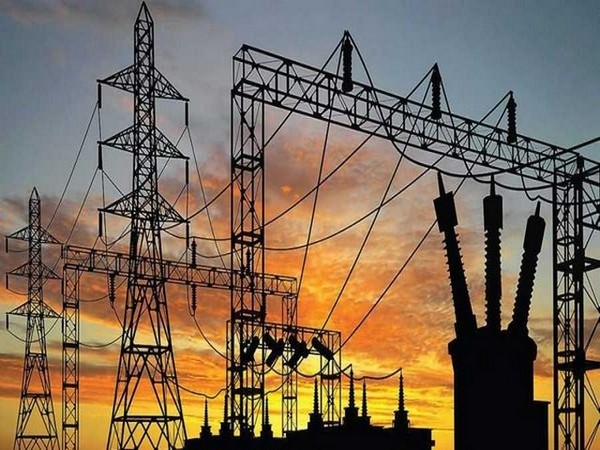Karachi Protests Erupt Amid Worsening Water and Electricity Crisis
Karachi residents protest on University Road due to ongoing water and electricity shortages. The demonstration has caused severe traffic congestion near Hassan Square. A damaged water line exacerbates the issues. Despite repair claims, Karachians face shortages, leading to widespread frustration and repeated protests.

- Country:
- Pakistan
Amid increasingly dire conditions, Karachi residents have taken to the streets to protest against the severe shortages of water and electricity impacting their daily lives. University Road, a pivotal thoroughfare, has seen its traffic come to a standstill due to the residents' demonstrations as reported by ARY News. Of significant concern is the PIB Colony area, where essential services have been notably absent. As a reaction, both lanes leading to Hassan Square near the Newtown police station have been barricaded by the protesters, causing a cascade of traffic issues in the city.
The protests are part of broader civic unrest in Karachi, stemming also from a disruptive water line leakage in the old Sabzi Mandi area that has led to road flooding and ensuing traffic turmoil. Despite negotiations with police officials, disgruntled residents are resolute, demanding the restoration of adequate water and electricity. Recent infrastructure work on the BRT project inadvertently damaged a main line, aggravating the problem further. The Water Corporation's promises to resolve these issues have not been fulfilled, leaving frustration unchecked among Karachi's populace.
As the underlying strife grows, areas like Nazimabad, North Nazimabad, and Gulshan-e-Iqbal report severe water shortages persisting for several days, hinting at a broader crisis across Karachi. Critically, residents from PIB Colony to Korangi, Malir, and beyond, continue to face an acute scarcity of water, despite prior claims from the Water Corporation about completed repairs. Previously, October 5 saw power riots ignite when K-Electric severed power to several areas due to alleged non-payment, leading to gridlock and chaos across major city arteries. The persistent discontent underscores the urgent need for resolution as urban resources remain strained.
(With inputs from agencies.)










